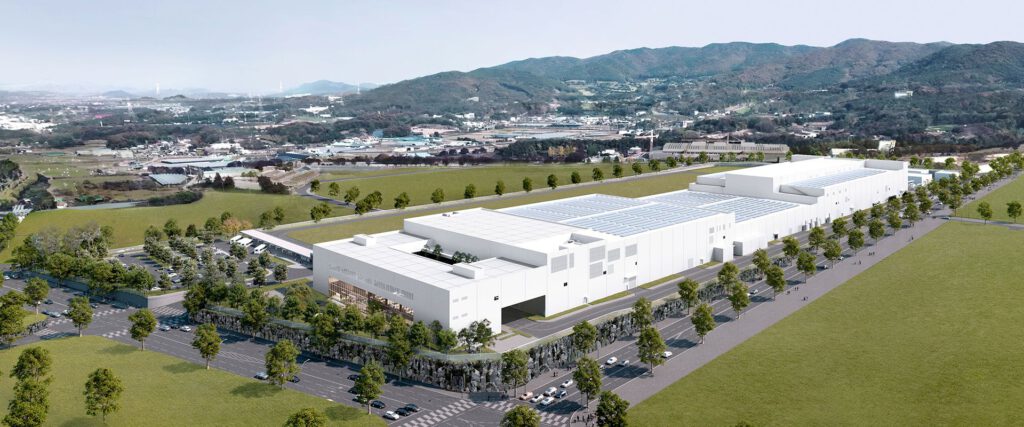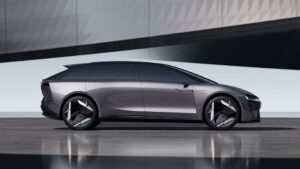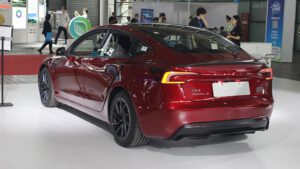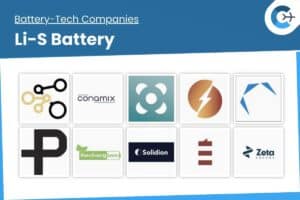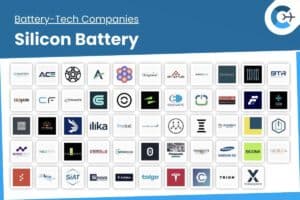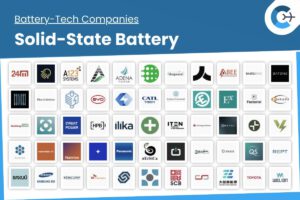Hyundai Motor Group marked a significant milestone on November 28, 2025, by holding a topping-out ceremony for its Future Mobility Battery Campus in Anseong, South Korea. The ceremony, hosted at Anseong’s Fifth General Industrial Complex, highlighted steady construction progress since January 2025 and underscored the Group’s commitment to advancing battery technology and enhancing the competitiveness of its electric vehicle offerings.
The KRW 1.2 trillion campus occupies approximately 197,000 m² of land with a total floor area of 111,000 m². Scheduled for completion by the end of 2026, the facility is designed as the Group’s first comprehensive battery research and development hub.
“Through the Future Mobility Battery Campus, we aim to seamlessly connect the entire battery ecosystem to foster cross-industry collaboration and accelerate technological advancement. We are committed to strengthening Hyundai Motor Group’s EV battery competitiveness and advancing global electrification through strategic collaborations,” said Heui Won Yang, President and Head of R&D Division at Hyundai Motor Group.
The new campus will enable Hyundai Motor Group to internalize core battery capabilities—such as cell design, process engineering and integrated control systems linked to battery management—as well as integrate R&D across design, production and application. By validating emerging technologies under high-precision, real-world conditions, the facility will support consistent quality, safety and seamless vehicle integration.
Key focus areas include:
- High-Precision Validation: Replicating production processes for electrodes, cell assembly and activation; operating an integrated testbed for iterative safety and scalability assessments; and conducting full lifecycle testing from cell to vehicle.
- Next-Generation Battery Development: Advancing high-performance lithium-ion cells for electric and extended-range electric vehicles, with a flexible research scope to address evolving market and technology trends.
- Digital and AI Integration: Employing predictive modeling, automated testing and big-data analytics to optimize performance, reliability and development efficiency.
In addition to internal R&D, the campus will strengthen collaboration with battery manufacturers and industry partners by providing advanced infrastructure and data-driven insights for faster technology commercialization and reduced development risks. The project also included signing a memorandum of understanding with Gyeonggi Province, Anseong City and the Gyeonggi Housing and Urban Development Corporation to foster a regional battery industry ecosystem.
Beyond electric vehicles, Hyundai Motor Group anticipates the facility will support research for robotics, advanced air mobility and other future mobility sectors.
Source: Hyundai Motor Group Newsroom

